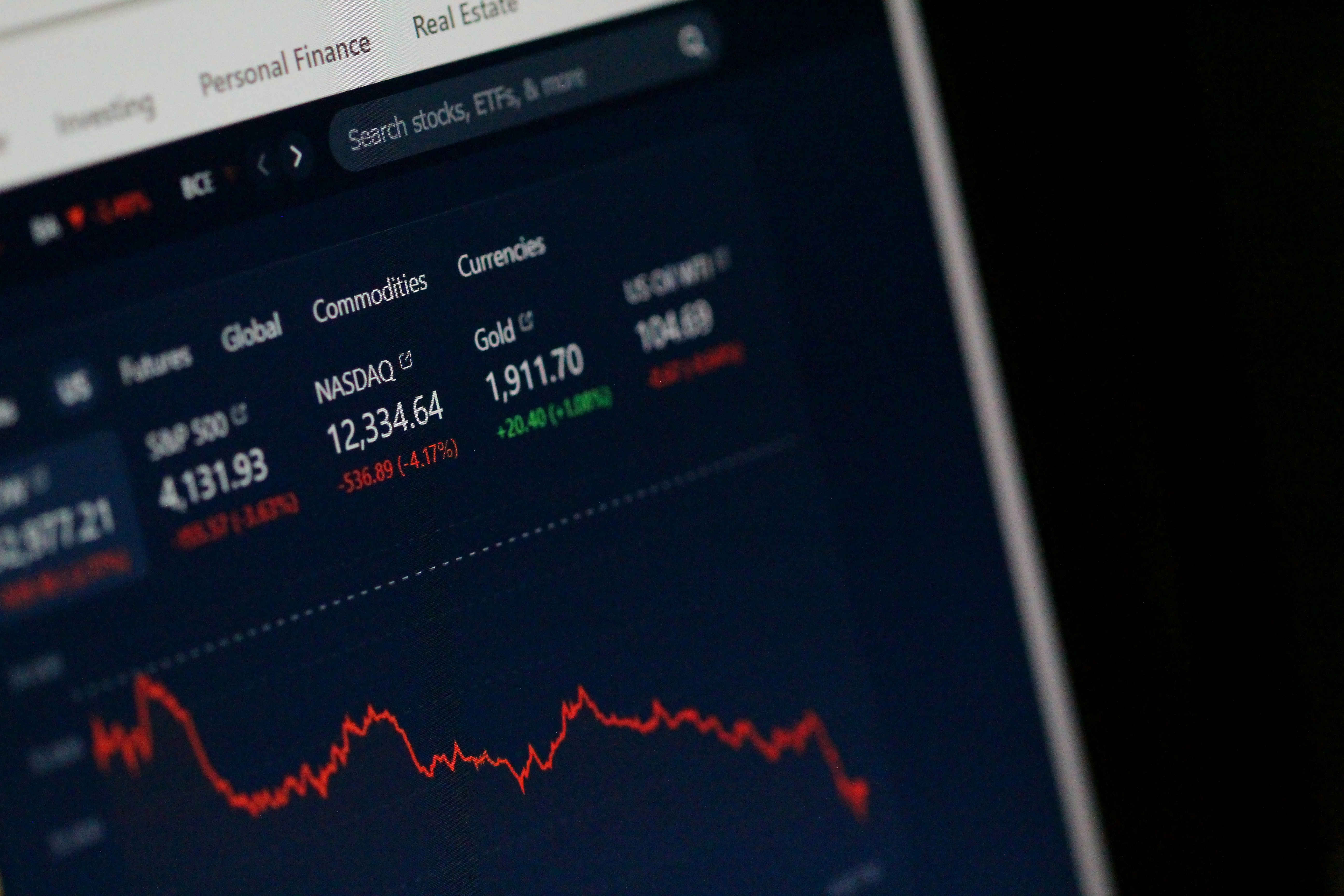Collective violence incidents have become a recurring phenomenon in Indonesia since the end of the New Order. These small-scale incidents have increased as the state’s more oppressive and authoritarian approach to governance, which was dominant during the Order, reduced. While these incidents are less likely to become systemic violence, unmonitored collective violence incidents could develop into a risk factor for mass atrocities. Additionally, general and direct elections – which were revitalized in the Reformasi Era – could increase the number of incidents due to heightened political competition.
In the last four years, the Collective Violence Early Warning (CVEW) Dataset has been recording trends of collective violence incidents in Indonesia.1 The Dataset became the only collective violence monitoring database in Indonesia after the conclusion of past efforts by state and non-state actors. The Dataset aims to provide policymakers and key stakeholders with an almost real-time insight into the trends of collective violence in Indonesia.







